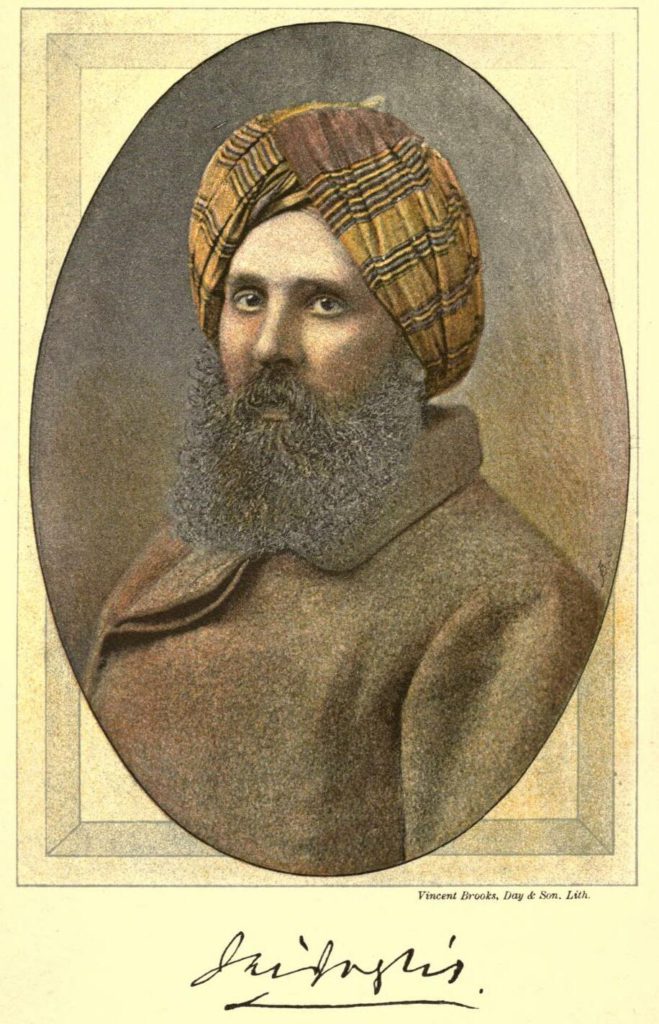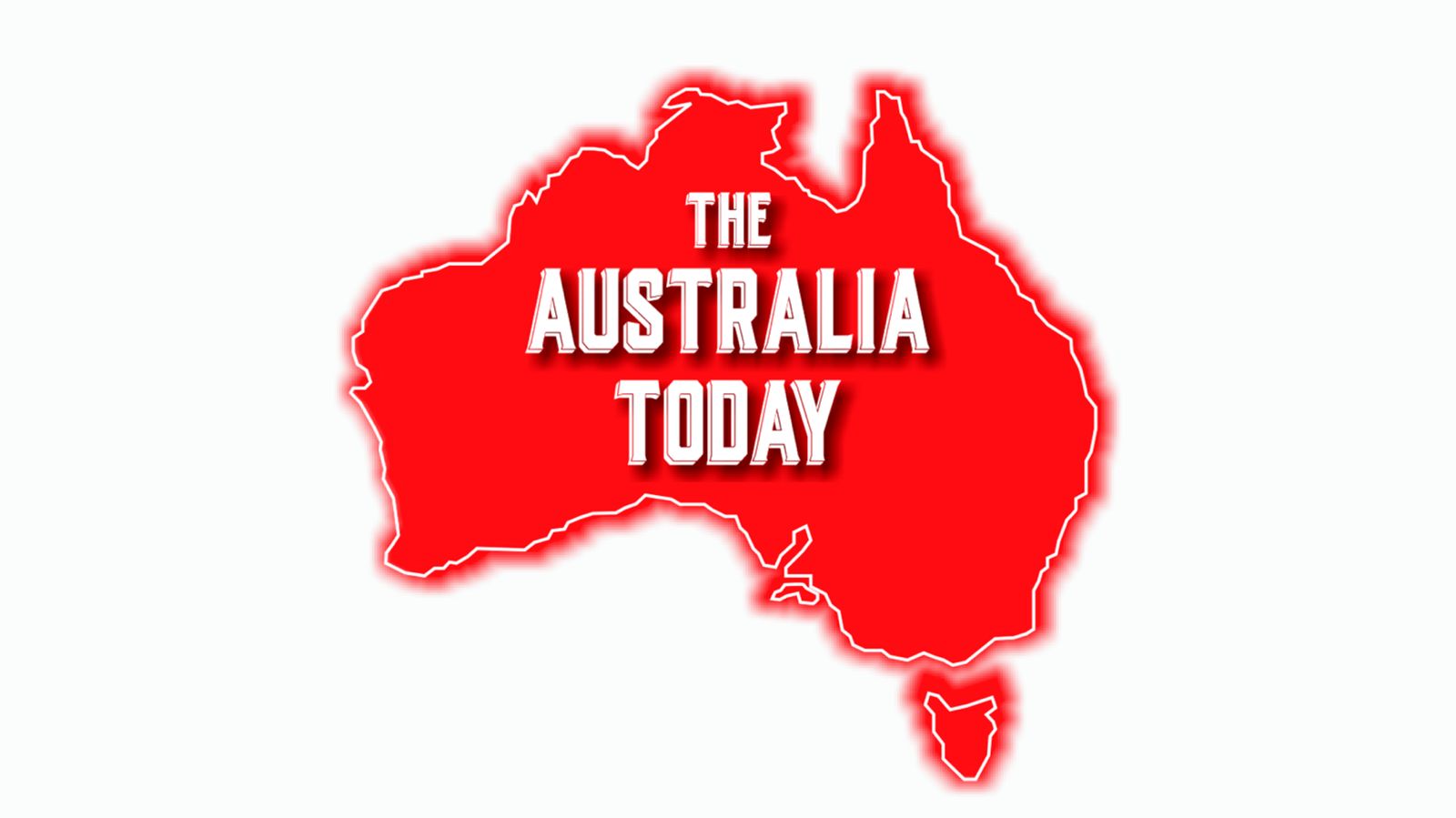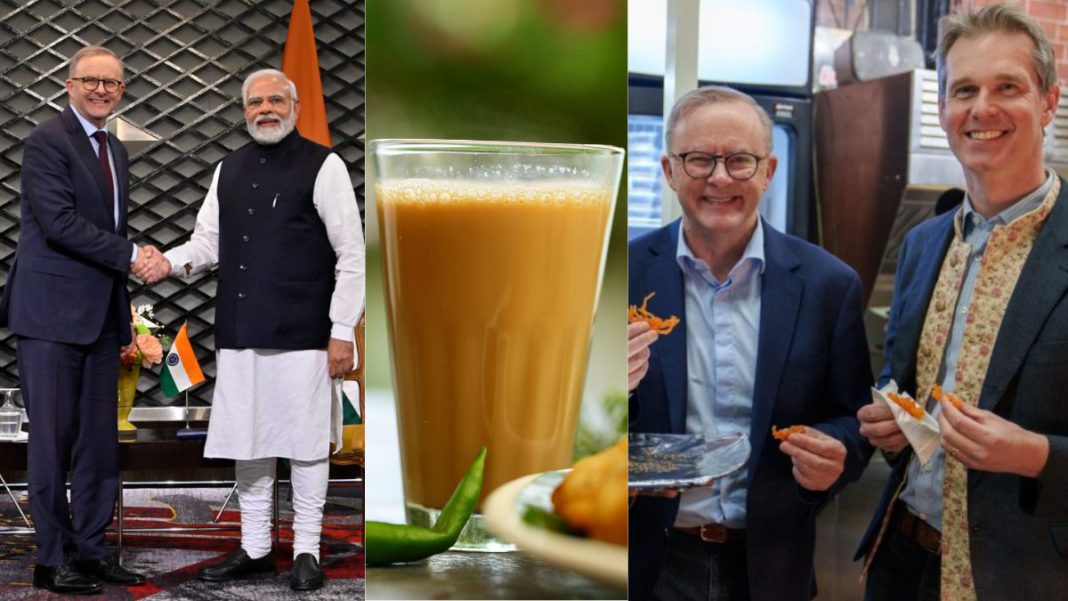On International Tea Day (21 May 2025), there’s more to celebrate than just a hot brew. For India and Australia, tea is not only a beverage but a symbol of shared histories, economies, and cultures. From the bustling ports of Kolkata and Chennai during the days of British rule to modern cafés in Melbourne and Brisbane, the humble tea leaf has traversed oceans and centuries to embed itself in the fabric of both nations.
British India was a lifeline for colonial Australia, with supplies incoming from major ports like Bombay (now Mumbai), Madras (now Chennai), and Calcutta (now Kolkata). Ships brought everything from jute and textiles to essential food grains and, of course, tea. In many ways, the same leaf that fuelled the afternoon routines of workers in Sydney also gave the Indian subcontinent its iconic identity as the world’s tea capital. Just like India became the world’s largest tea producer, it also became the cultural custodian of chai — a lifeline for millions of Indians outside India. Even today, whether it’s the roadside tapri in Delhi or a hipster café in Fitzroy, the call remains the same: Ek cup chai ho jaye, mate?

Historically, India’s tea industry began under British colonial interests in the early 19th century when commercial plantations were first established in Assam. By the late 1800s, Indian and Ceylon (Sri Lankan) teas were being promoted in Australia thanks to individuals like James Inglis, an Australian agent for the Calcutta Tea Syndicate. He understood early on that Australia’s future lay in embracing the East, especially when it came to trade in consumables like tea. His work helped position Indian tea as an alternative to expensive Chinese imports, and images of swagmen brewing Indian tea in the bush became part of a colonial Australian aesthetic.
Fast forward to the present, and the numbers speak volumes. In 2024, India exported tea worth over USD $15 million to Australia, according to Trading Economics. That might seem modest, but it forms part of a wider trend: India’s tea exports hit a decade-high of 254.67 million kilograms in 2024, making it the world’s third-largest exporter after Kenya and China.
Australia has become a quiet but important market for Indian tea, largely due to the growing Indian diaspora and the increasing popularity of chai culture. Small businesses led by Indian-Australian entrepreneurs are reinventing how tea is consumed. For example, Uppma Virdi’s “Chai Walli” has become a national success story. Her brand sells ethically sourced Indian blends and hosts tea education workshops that reframe chai as a wellness product, not just a cultural symbol.
Similarly, other brands like “Origin Tea,” based in Brisbane but inspired by the South Asian tradition of tea-making, are now mainstream in Australian supermarkets. Their Sticky Chai product — a blend of honey, spices, and black tea — has bridged cultures by blending the essence of masala chai with modern packaging and retail strategies.
No doubt, Australia’s tea landscape is enriched by a diverse array of establishments that celebrate both global traditions and local innovations. In Perth, the Australian Tea Company stands out as a purveyor of premium teas sourced directly from growers worldwide, ensuring freshness and authenticity in every cup. Melbourne’s vibrant tea scene includes Dropout Chaiwala, founded by Sanjith, an international student from La Trobe University. This establishment brings the essence of Indian street chai to Australia, offering a variety of blends that resonate with the Indian diaspora and tea enthusiasts alike. Another Melbourne gem, Chai N Chilli, specializes in Maharashtrian cuisine and traditional Indian teas, providing patrons with an authentic taste of Mumbai’s street food culture. Beyond these, Australia’s tea offerings are further diversified by brands like Tea Leaves, boasting over 300 varieties of teas and herbal blends, and T BAR, a family-owned company offering over 120 unique blends, including Australian-made chai latte syrups . These establishments collectively highlight Australia’s growing appreciation for tea, blending international flavors with local tastes.
There’s a beautiful irony in how the imperial logistics of the 19th century have transformed into 21st-century entrepreneurial synergy. Back then, British shipping routes were dictated by extractive trade policies. Today, India and Australia collaborate as equals, partners in trade, and co-authors of a contemporary cultural chapter. Tea, which once travelled on East India Company ships, now arrives through ethical sourcing chains and is shared on café menus from Dandenong to Darwin.
But perhaps the most profound part of this story lies in how tea has stayed constant — a quiet unifier in an increasingly fractured world. In India, chai is a moment of pause, a social lubricant, and a ritual. In Australia, it has morphed from being just an “imported drink” to a symbol of multicultural identity. Whether you call it chai or tea, whether you brew it with cardamom and milk or steep it clear with lemon, it carries history, flavour, and connection.
In fact, in the lead-up to India’s 2014 general elections, Prime Minister Narendra Modi’s “Chai Pe Charcha” campaign emerged as a groundbreaking political initiative that leveraged his humble beginnings as a tea seller to foster direct engagement with voters nationwide. Utilizing a blend of satellite, DTH, internet, and mobile technologies, Modi interacted with citizens at over 1,000 tea stalls across 300 cities, discussing topics ranging from good governance to economic reforms. These sessions, dubbed “footpath parliaments,” allowed real-time Q&A interactions, effectively transforming traditional political discourse into accessible community dialogues. The campaign not only capitalized on a political jibe about Modi’s past but also resonated deeply with the Indian populace, contributing significantly to the Bharatiya Janata Party’s historic electoral victory.
During his 2023 visit to Australia, Prime Minister Modi addressed a vibrant Indian diaspora at Sydney’s Qudos Bank Arena, where he highlighted the deepening cultural ties between India and Australia. In a light-hearted moment, he remarked,
“I’ve heard that Chatkazz ‘Chaat’ and ‘Jalebi’ from Jaipur Sweets at Harris Park are very delicious. I want you all to take my friend Australian PM Albanese to that place.”
This endorsement not only spotlighted Harris Park’s status as Sydney’s ‘Little India’ but also underscored the role of Indian tea and cuisine in fostering cross-cultural connections. Responding to Modi’s suggestion, Australian Prime Minister Anthony Albanese visited Harris Park with MP Andrew Charlton, savoring the recommended dishes and sharing his experience on social media, stating,
“We tried out Prime Minister Narendra Modi’s recommendations of chaat at Chatkazz and jalebi at Jaipur Sweets—a winner!”
This culinary exchange exemplified the growing camaraderie between the two nations, further cemented by the joint laying of the foundation stone for the ‘Little India’ gateway in Harris Park, symbolizing the enduring friendship and the significant contributions of the Indian community in Australia.
So on International Tea Day, let’s not just celebrate the drink, but the decades of trade, migration, and mutual respect it represents. Let’s honour the dockworkers of yesteryear and the chai startups of today. Let’s raise a cup — or as we say in Australia, let’s put the kettle on: Ek cup chai ho jaye, mate!
Support our Journalism
No-nonsense journalism. No paywalls. Whether you’re in Australia, the UK, Canada, the USA, or India, you can support The Australia Today by taking a paid subscription via Patreon or donating via PayPal — and help keep honest, fearless journalism alive.


